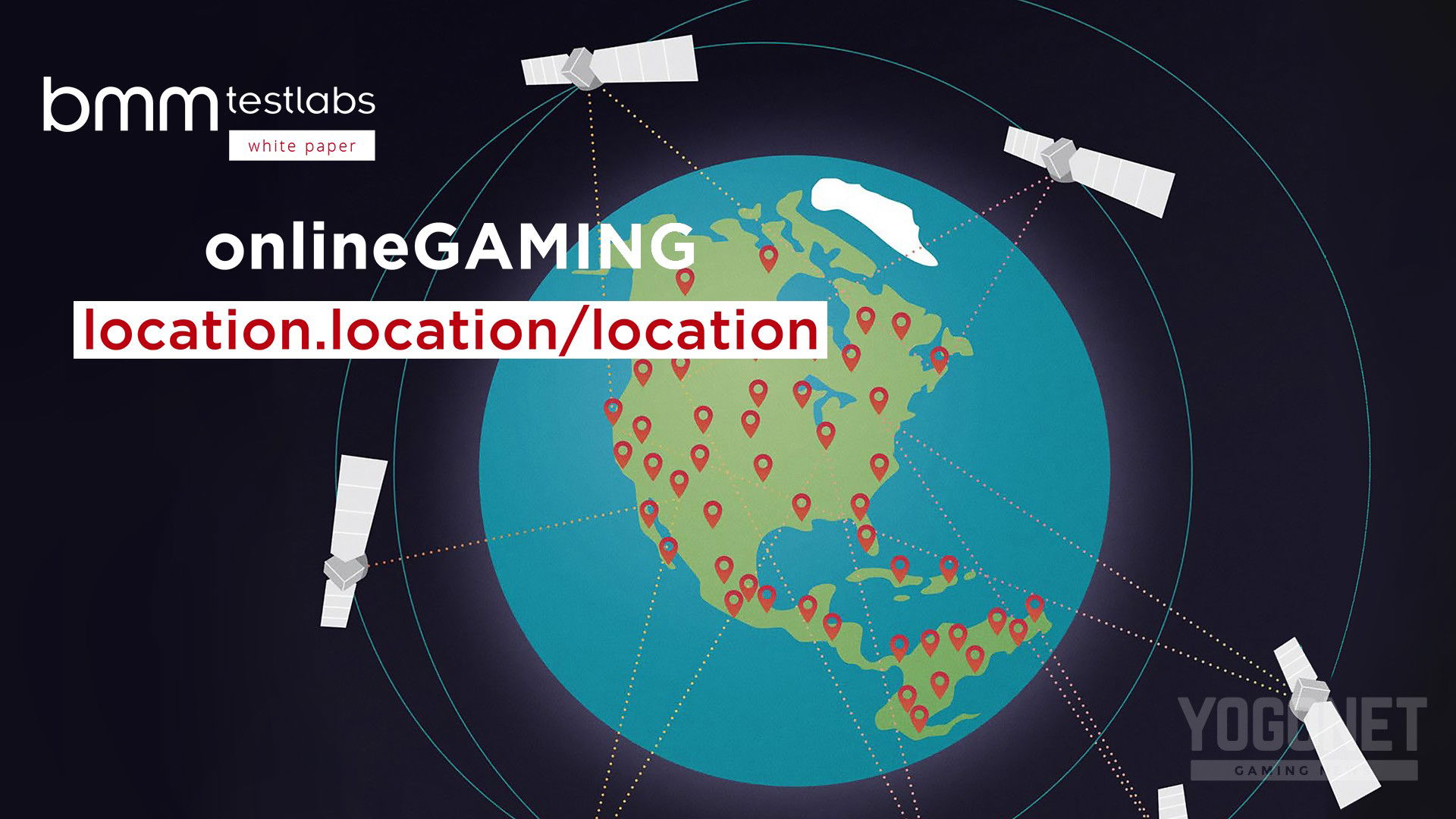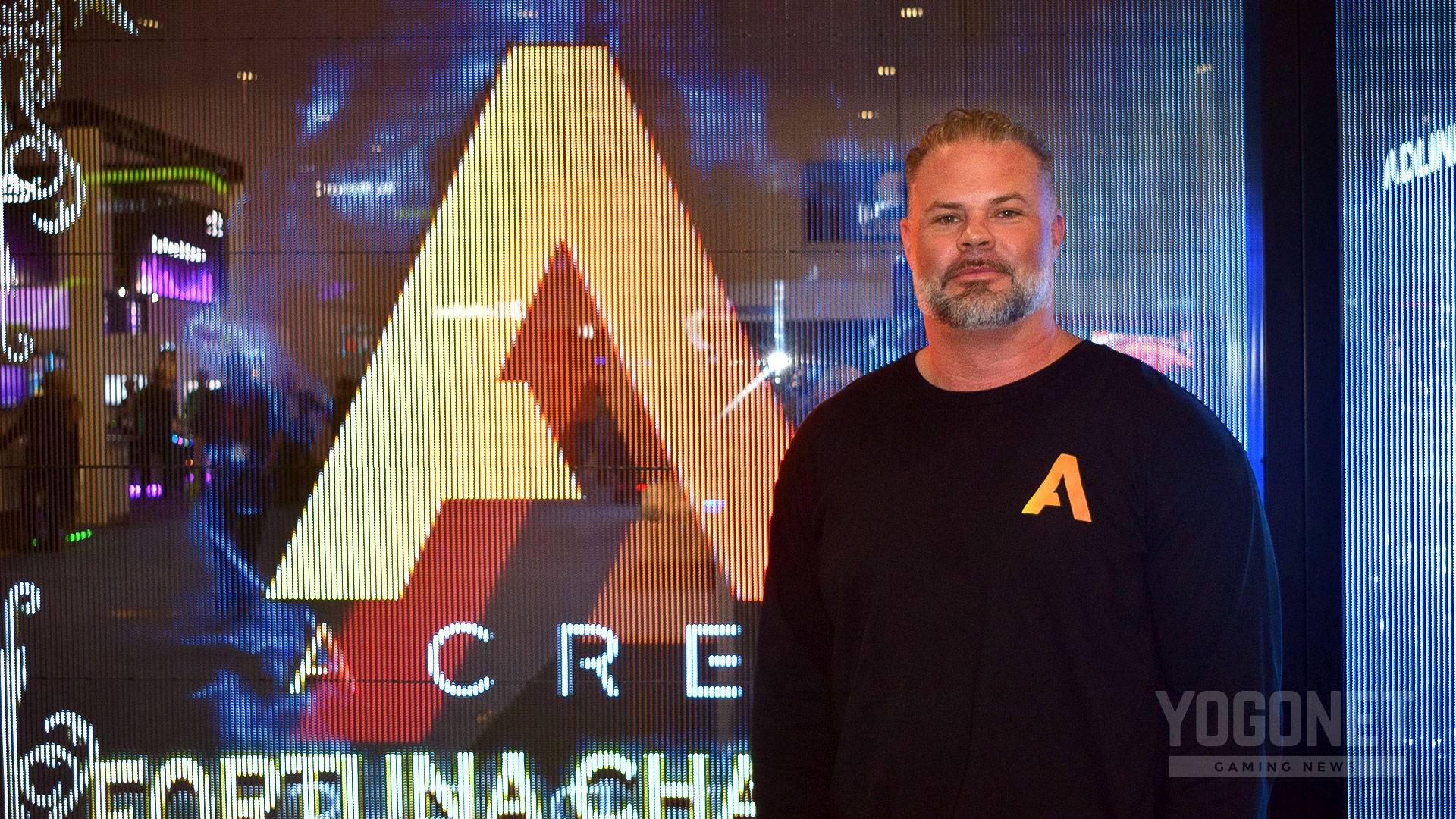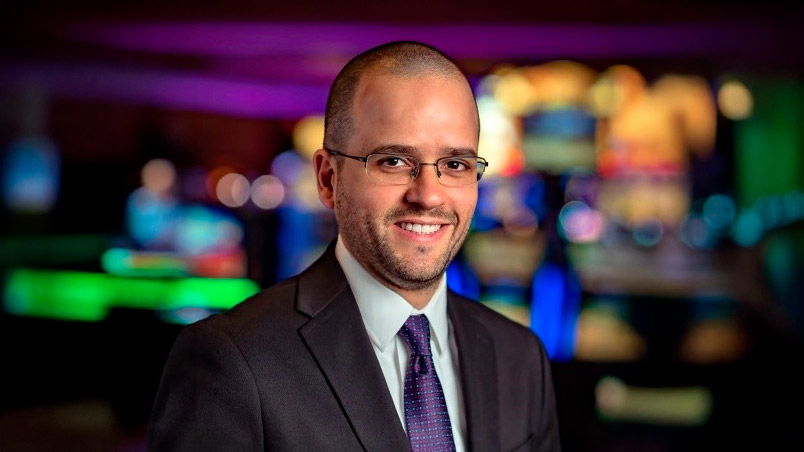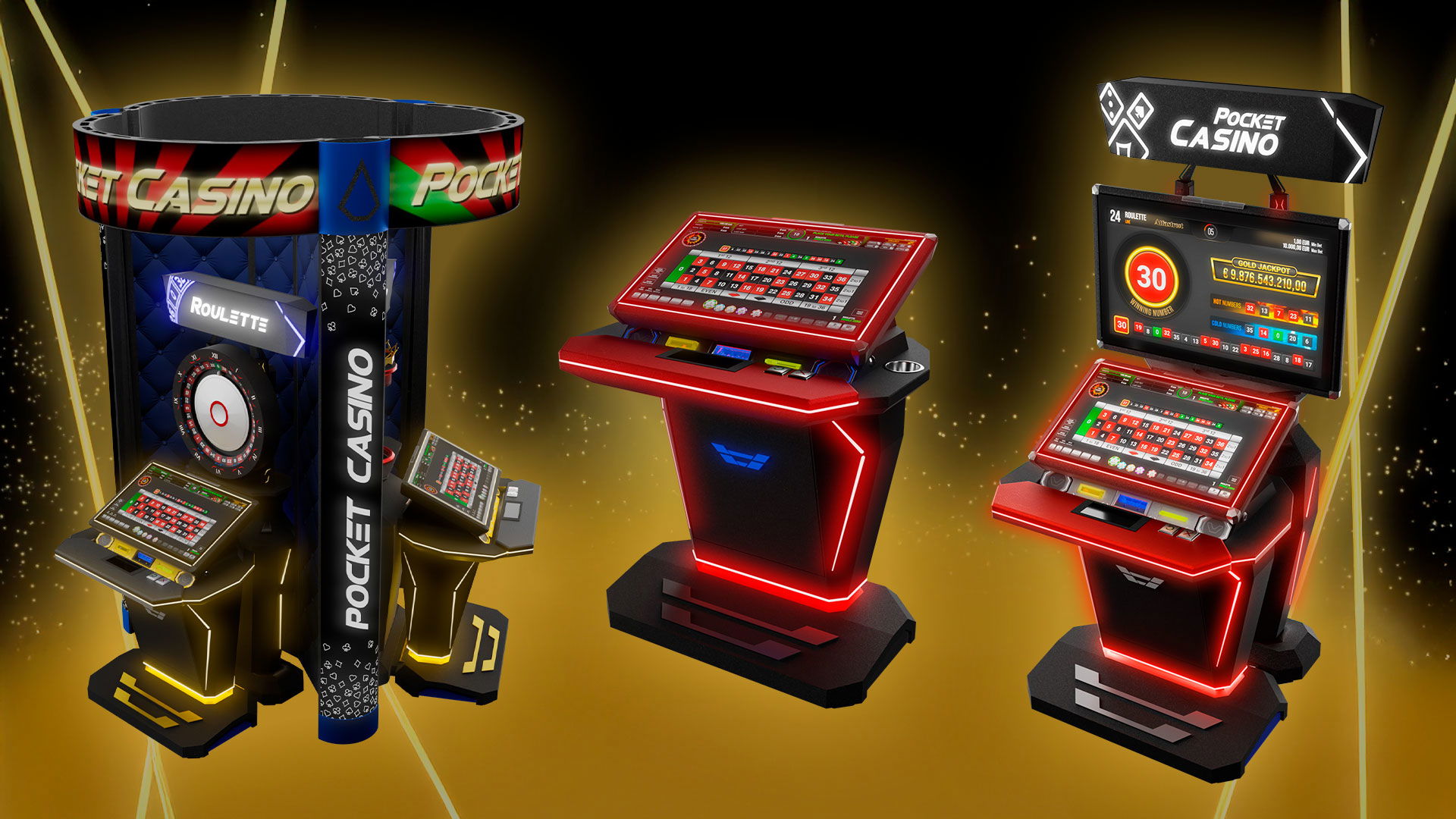"Geolocation compliance is only relevant to highly-regulated gaming markets"

Online gambling is quickly becoming one of the fastest growing sectors of the industry, BMM Testlabs' white paper begins.
Pundits, futurists and stakeholders all talk breathlessly about the boundless limits of virtual reality, the possibilities of new hardware, AI, social and multiplayer functionality. There are many good reasons for the optimism and excitement. The opportunities for technology and business to expand online are huge and growing exponentially every day.
The purpose of 'Online Gaming - Location, Location, Location,' is to outline some of the challenges facing this new frontier of gambling and to dive deeper into one fascinating facet that most people don’t recognize until they are playing an online casino game while crossing state lines, geolocation.
The paper includes excerpts from an interview with Anna Sainsbury, Chairman & Founder of GeoComply.
What prompted you to start GeoComply?
Too many years ago, I was working in Washington D.C. with the D.C. lottery who hired me as a consultant to help them write the rules and regulations for their operator, Intralot in order to comply with state and federal regulations should the D.C. lottery be the first to go online in the U.S. There were a lot of complex considerations as this was essentially the first introduction of legalized online since Black Friday.
There were a lot of companies in the market that I assumed would be able to meet age verification, payment processing and geolocation requirements at that time. I had spent most of 10 years focusing on the European online gaming market, working in highly regulated jurisdictions.
But geolocation, although it’s considered, only captured IP addresses. At that point, an IP address was deemed, ‘good enough’, but Europe is different. Many countries speak different languages, so when you land on a page, an operator can see what language you’re looking at, which is an important data point. Combined with an IP address this tells the gaming provider a lot about where someone is located.
In the case of the U.S., we have HUGE issues if someone was incorrectly identified as being in Washington D.C. It’s a felony in the U.S. for the operator as well as the payment processor. Going forward, we spoke to several companies including Microsoft, Nokia, Google, MaxMind and Neustar. These are all big companies who own a lot of IP in the geolocation space. Although many of them had patents that alluded to technology that the gaming industry would need to go online, none of them had built a solution because the use case was so specific to gaming.
Even now, geolocation compliance is only relevant to highly-regulated gaming markets. I saw a need to develop this solution out and only had two options. Option A was to convince these large companies, that stand across multiple markets, to develop compliance-grade geolocation specific to the gaming-lottery industry while accepting all the risk and liabilities, relative to a comparatively small market. They didn’t go for it.
My original plan was NOT to start a geolocation company but having grasped the opportunity should the market go live, I cobbled together the idea for a solution with David Briggs. We found three different companies to build us a proof of concept, chose one, refined our solution and moved forward. This was option B.
The complete white paper can be accessed here.


















































